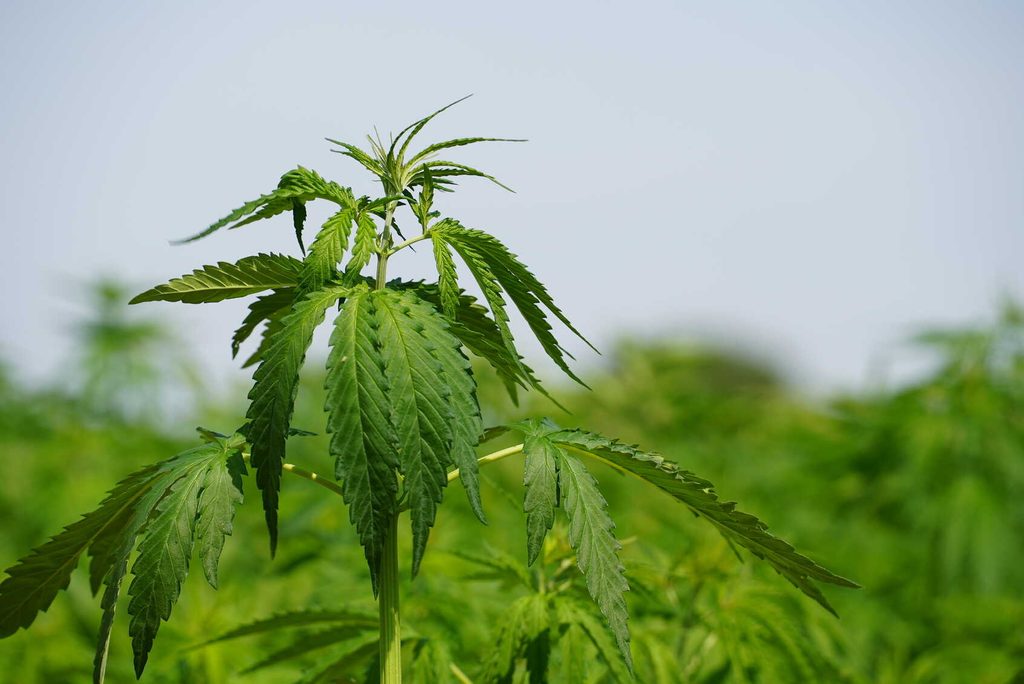The textile industry has long been recognised as one of the most polluting industries globally, consuming a staggering 4% of the world's water resources.
Efforts to rein in the environmental impact of fast fashion have led to innovative solutions to promote sustainability. Though hardly a major player on the world textile stage, Belgium is now at the forefront of research into textile hemp. With producers active in the field since 2019, the first hemp fibres for spinning mills are expected to arrive next year.
These natural fibres can compete with synthetic fibres derived from petrochemicals, which have known environmental downsides. At the helm is the Valbiom Association, based in Namur. Hemp produced here grows to maturity in just three months without the need for harmful pesticides.
The favourable soil quality and climate in Belgium make it an ideal crop. Furthermore, all by-products can be used, whether to make fuel, for building materials, or even in the food industry.
Related News
- Free online returns are costing the Earth, study confirms
- More cities join Brussels-led declaration against fast fashion
With Walloon farmers now embracing hemp cultivation, Valbiom organises training programs to prepare them for this new venture. While only seven hectares have been planted in 2023 for research purposes, the ambition is to expand to several hundred hectares in the coming years. This aligns with the "Circular Wallonia" strategy, aiming to develop a local sector of plant-based textile fibres sustainably.
Adopting a circular economy approach, Wallonia seeks to address societal challenges such as poverty, climate change, biodiversity loss, and resource depletion. Several initiatives have already been put into motion, including the Walloon Waste-Resources Plan, which guides waste prevention and management as a means of resource conservation.
Hemp clothing offers numerous advantages, such as breathability, odour resistance, and durability when properly cared for. By embracing textile hemp as a sustainable alternative, the fashion industry can significantly reduce its environmental footprint and move towards a more responsible and circular future.

